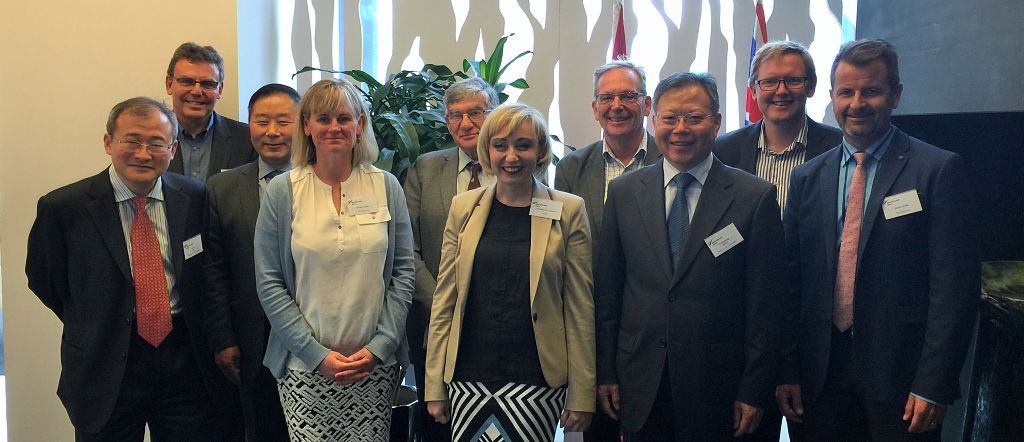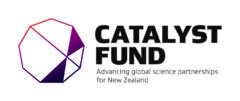A delegation of leading New Zealand scientists visited China from 15-19 May for a week of productive discussions about how the two countries can collaborate on research to improve human health. The expertise of the New Zealand team ranged across neurodegenerative disorders, cardiovascular disease, gout, diabetes and obesity, and was matched by that of senior Chinese counterparts from several universities, hospital and research institutes.
China is undergoing reforms in the way scientific research is structured, with the specialist expertise of Principal Investigators becoming an increasingly important factor in funding decisions. Building relationships between leading scientists in both countries is therefore the key to building strong international collaborations.
The New Zealand scientists headed first to Shanghai for a workshop jointly hosted by the NCD CRCC and the Shanghai Science and Technology Commission, and supported by the New Zealand Consulate. They met with potential research collaborators, such as the Chinese Academy of Sciences Institute of Sciences and Fudan University Institute of Brain Science, and also caught up with old friends from Huashan Hospital, Rujin Hospital, Shanghai Mental Hospital, and Fudan University School of Public Health.
There is particular interest in Shanghai in the construction of a brain bank to support advanced brain research. Professor Cliff Abraham, Co-Director of Brain Research NZ, his colleagues Professor Peter Thorne and Professor John Reynolds, and Associate Professor Maurice Curtis, Deputy Director of the NZ Brain Bank, shared information about New Zealand’s brain research capability and experience in setting up a brain bank. They held productive discussions with Professor Mao Ying, Vice President of Huashan Hospital, Dr Mu-ming Poo, Director of CAS ION, and their colleagues in a series of meetings and site visits, where they learned more about the impressive brain research expertise and facilities in Shanghai. Together the scientists from both countries are looking forward to the next steps in pinning down detailed proposals for collaborative brain research projects.
Other members of the New Zealand delegation have expertise in human nutrition, cardiovascular disease, diabetes and childhood obesity. Professor Jim Mann, NCD CRCC Director, and his colleagues Professor Rachael Taylor and Associate Professor Jeremy Krebs held discussions with Professor Junfen Fu, Vice President of Children’s Hospital of Zhejiang University School of Medicine, whose major research interest is the prevention and treatment of obesity and diabetes in children.
Professor Zhao Genmin from the Fudan University School of Public Health shared information about his exciting large-scale cohort study for cardiovascular disease, which has recently received 5 years’ funding from the central government. Researchers within the Healthier Lives National Science Challenge in New Zealand are currently developing cardiovascular risk predictions equations for different ethnic groups, including people of Chinese ethnicity, and there is interest in taking the equations to China for validation in this cohort study.
In the second half of the week the New Zealand scientists headed to Beijing to participate in a two day workshop jointly hosted by the Natural Sciences Foundation of China and the Health Research Council of New Zealand. Professor Tony Merriman joined the delegation in Beijing to bring his expertise in gout to the sessions on metabolic diseases. The New Zealand researchers were pleased to meet researchers from Beijing and other parts of the country, and made a number of useful contacts, which they plan to follow up.
Whilst in Beijing, the NCD CRCC also held discussion with the China Scholarship Council about increasing opportunities for scientific exchanges between the two countries for emerging, mid-career and senior researchers.
The NCD CRCC greatly appreciates the strong support we have received from the Shanghai Science and Technology Commission and the NZ Consulate General in Shanghai in contributing to another successful visit to Shanghai. We also value our productive ongoing relationship with the China Scholarship Council, and the opportunities provided by the Natural Sciences Foundation of China and the Health Research Council of New Zealand to learn more about the wider health research system in China.


